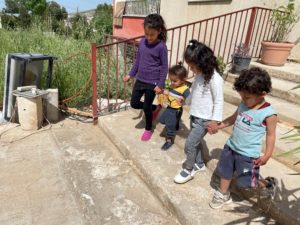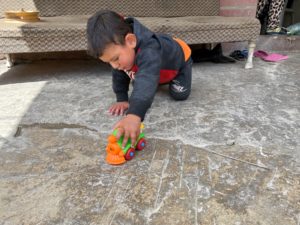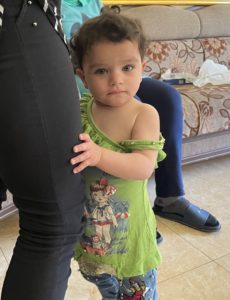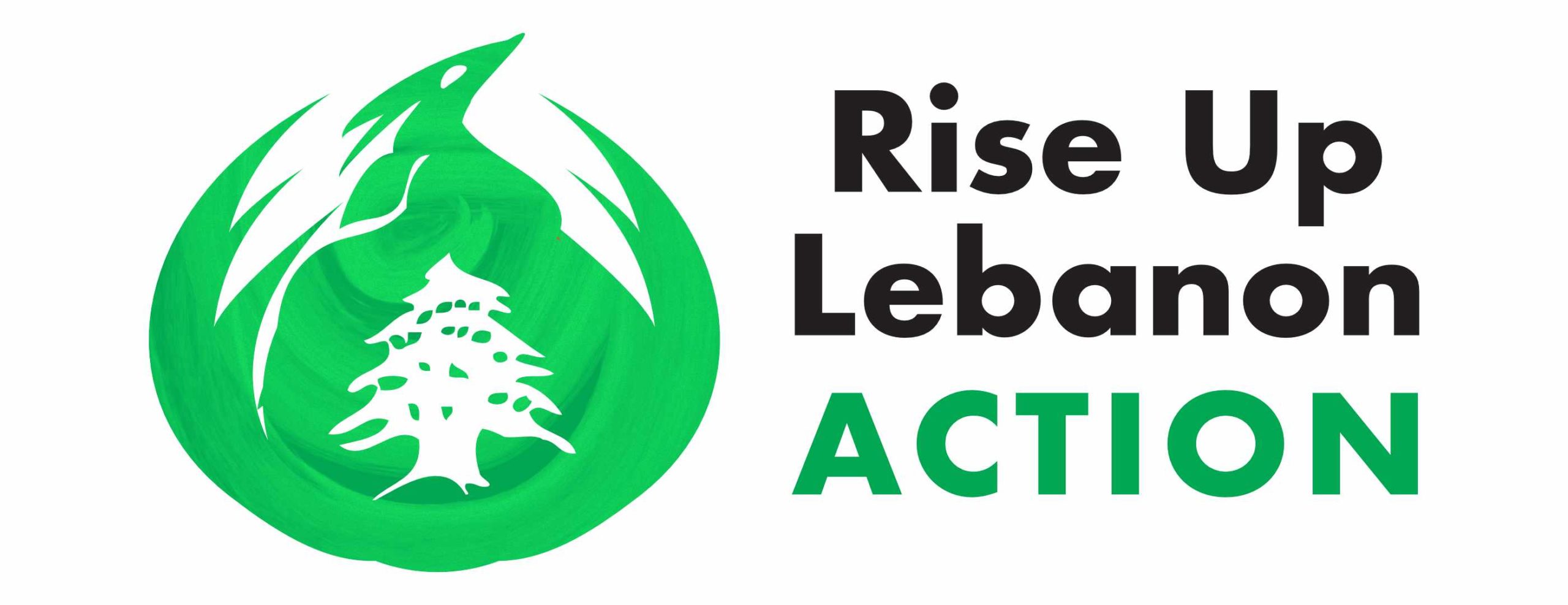Life has been difficult for Adiba and her family. In addition to losing one child to leukemia, her husband died unexpectedly, leaving her a single mother of three vulnerable children. During previous difficult periods of her life, Adiba’s neighbors would rally around her providing her with essentials whether she needed food or medicine. However, now, everyone around her is struggling with hardships and can barely make ends meet.
Battling breast cancer herself, Adiba has had to make difficult decisions in order to keep her family afloat. She stopped regular cancer treatments a year ago and the only medicines she now takes are provided for free by safety net organizations. Her three remaining children have suffered from chronic medical conditions leading to disability and growth delay and the toll on her children has been large. Her eldest son, who is now 14 years old, had to quit his education in the 3rd grade to seek out work to support his mother and siblings after his father’s death. “After my husband died, I felt like my life had ended,” she states with resignation.

Adiba lives in the tightly-knit village of Kfar Zabad in Lebanon, where one does not have to go far before encountering abject poverty and need. On the road to Kfar Zabad, the trip reveals a beautiful view of Lake Qaroun, green heavenly tree-lined paths and lovely small houses. However, the agonizingly slow and bumpy drive to the village on roads filled with potholes from the harsh winter conditions quickly brings you back to reality. Long neglected by the central government, this area of the Bekaa Valley has suffered from a lack of investment in critical infrastructure, whether it be roads, schools, or medical clinics. The villagers have learned over generations to rely on one another and their own community for socioeconomic support. Despite a devastating civil war that ended in 1990 and chronic political instability, Lebanon has long been a middle income country relying on tourism from rich Arab Gulf nations and expats who send money back home. With the country falling into financial free-fall since October of 2019, the economic peril has hit the most vulnerable of society the hardest. Now a generation of children is facing the prospect of loss of schooling and those whose families lack sources of income face the prospect of malnutrition.
Just like Adiba, Nagham, a mother of two girls and a boy, is suffering from stomach cancer at a young age. Although her husband works, his salary cannot pay for even a week’s worth of her cancer treatment. “Can you imagine, my son always asks me for ice cream and I always tell him that it is still cold outside, while you can see how warm it is”, says Nagham. Her six-year-old girl, Mariam, suffers from chronic malnutrition and growth delay requiring a specific type of milk supplement. In the current economic conditions, this supplement is now out of stock at most pharmacies and, even when available, is too expensive for the family to afford. In spite of her untreated illness and to great personal sacrifice, Nagham admirably insists that she is more concerned with her children’s needs than her own. “I want to survive for my children’s sake”.

The economic collapse in Lebanon has not spared the young or the old. Grandma Khadijah struggles with several medical conditions. She lists several: “High blood pressure, cholesterol, and heart disease”. She points at her eye and adds “I need to take eye drops that are not even available in pharmacies.” Furthermore, after losing so much of his livelihood and facing socioeconomic pressures, her son developed hallucinations and attempted suicide several times. Her daughter has lost her eyesight and her hearing. After getting by all her life with meager income, with the entire family now surviving on a very low income, they are dependent on handouts to survive.
To survive, families have had to sacrifice many essentials including basic shelter. Nojoud covers the head of her eight-year-old son with a blanket so the raindrops won’t reach his head while he’s sleeping in the room. Nojoud and her husband, along with their four children, live in a house with broken doors and fragile walls and ceilings. Their nights are often spent in complete darkness due to lack of electricity. Whether it is a brutal winter or a hot summer, the ceilings of their house barely prevent a drop of rain or a ray of sunshine.
Despite their struggles, the community of this area has managed to support one another in solidarity, and, by doing so, is providing the neighborhood with a sense of hope. Operating out of the town of Taalbaya to serve the surrounding communities, Khotwa Association started the AMSA school to provide free education for special needs children. With the economic downturn this area has suffered recently, Khotwa has focused their support on essential food and medicine. The families of this area have responded in kind. Despite personal tragedies and financial troubles leading her to rely on food aid, Grandma Khadijah extends her kindness to the community. Even when she needs it the most, she cooks the food provided by Khotwa in food boxes and distributes food plates to her neighbors. Not even illness stopped Nagham from pouring herself into charity work. With great determination, Nagham expresses her gratitude to the help she has received from Khotwa by volunteering at the AMSA School. “Even when I was at the hospital, I constantly asked when I would get back to work at the school” she states enthusiastically.
In the midst of an economic downturn, a currency crisis, and a pandemic, these four courageous women try to fight their bitter destiny to survive and help their children grow safely. With their debilitated shelters, the basic needs of Adiba, Nagham, Khadija, and Njoud’s families are left unfulfilled. Adiba, Nagham, Grandma Khadija, and Nojoud have agreed to share their stories with RULA despite their frustration in sharing personal struggles. In return, RULA has strived to work on initiatives with Khotwa to provide for their basic needs. RULA and Khotwa’s support, while basic, serves to remind the people of the region that they are not forgotten and allows them to hope for a better future when Khotwa can return to its original focus on education.

If you’re inspired to help these families, consider volunteering your time and efforts or donating to RULA so that we can continue our work. Join our network by signing up on our website https://riseuplebanon.org/contribute/#join or reach out to us at info@riseuplebanon.org and tell us how you can help.
